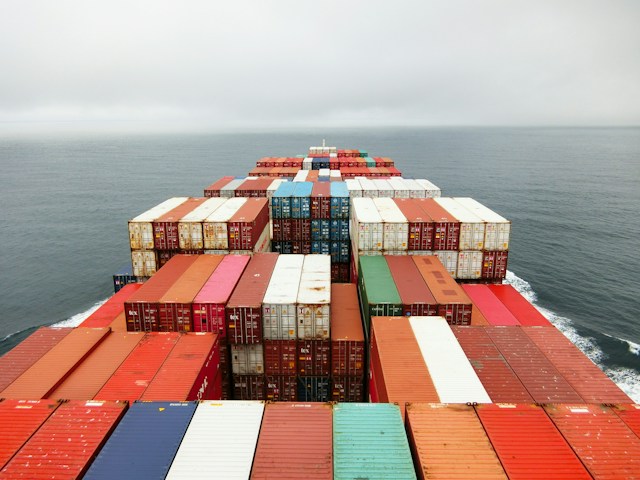
- UNCTAD expressed concerns over escalating disruptions in global trade, highlighting geopolitical tensions affecting the Black Sea, attacks on shipping in the Red Sea impacting the Suez Canal, and climate change impact on Panama Canal
- These challenges have led to significant decreases in canal transits, a reshaping of established trade patterns, and a surge in shipping costs, with implications for food and energy prices globally
- Developing countries are particularly at risk, necessitating urgent adaptations from the shipping industry and international cooperation to address vulnerabilities exposed by these complex crises
The United Nations Conference on Trade and Development (UNCTAD) is sounding alarm bells over the intensifying disruptions in global trade, a result of mounting geopolitical tensions and environmental challenges.
These issues include the Black Sea trade concerns, recent Red Sea attacks impacting the Suez Canal, and the growing impact of climate change on the Panama Canal. Maritime transport—responsible for over 80% of global goods movement—faces a crisis with weekly transits through the Suez Canal dropping by 42% in the last two months, UNCTAD said in a statement.
The conflict in Ukraine is reshaping oil and grain trades, while the Panama Canal grapples with reduced water levels, causing a 36% decline in total transits over the past month. Simultaneously, Houthi-led attacks in the Red Sea have prompted major players in the shipping industry to suspend Suez transits, resulting in a 67% decrease in container ship transits per week compared to a year ago.
Seeking alternative routes has led to a historic surge in container spot freight rates, impacting global trade routes.
The cumulative effect of these disruptions extends to extended cargo travel distances, escalating trade costs, and increased greenhouse gas emissions. Avoiding the Suez and Panama Canal increases shipping days, expenses, and speeds, contributing to higher fuel consumption and CO2 emissions.
UNCTAD emphasizes the far-reaching economic implications, warning of potential delays, increased costs, and a threat to global food security.
Developing countries are particularly vulnerable to these disruptions, prompting UNCTAD to call for swift adaptations from the shipping industry and robust international cooperation.
As trade faces vulnerabilities due to geopolitical tensions and climate-related challenges, collective efforts are essential for sustainable solutions, especially to support countries more susceptible to these shocks.
READ: Global trade to contract by 5% in 2023: UNCTAD








